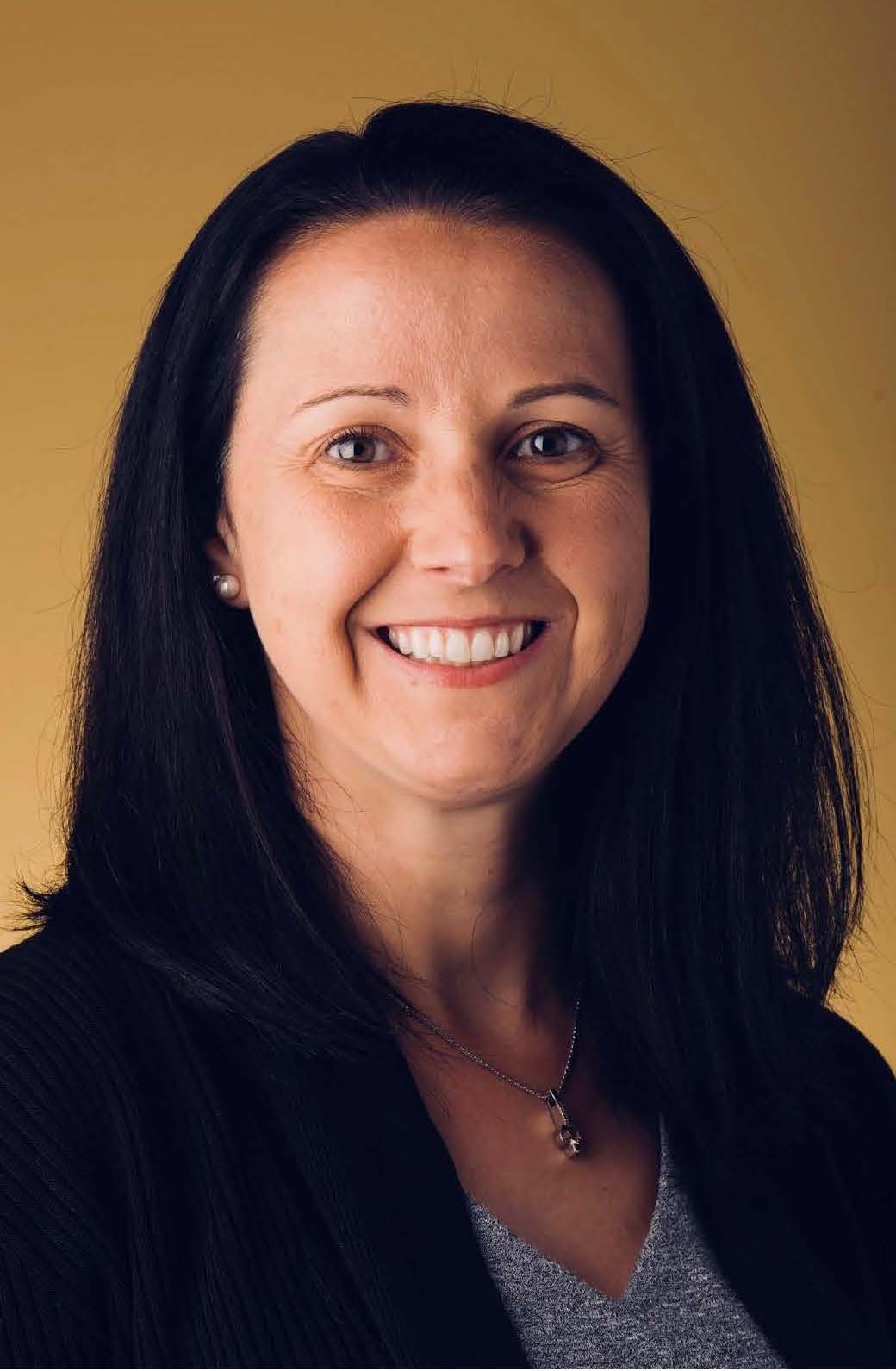
Meetings are essential. They allow school administrators, faculty and staff to stay up to date and discuss school events, and provide time for professional development. In today’s world, we have to be creative and rethink how we conduct meetings.
Read: Updated: 247 free K-12 resources during coronavirus pandemic
Here are seven ways to get the most out virtual meetings, our new normal.
- Focus on goals. Meetings, either virtual or blended, must have focused goals that are pertinent and to the point. It is important to keep all members of the meeting engaged, making sure they are retaining the information. In addition, respect everyone’s time by sticking to the meeting agenda’s bullet points, or faculty and staff members will be unfocused and multitasking.
- Consider group chats and breakout rooms: Live virtual meetings can be conducted using tools such as Microsoft Teams, Google Meet or Zoom. One of the best ways to get the most out of these meetings is to begin with a group chat. The meeting administrator can then break out grade levels or other groups using breakout rooms, with channels or additional meeting links. The administrator may check in with each and address questions or concerns.
- Engage meeting participants. Integrate fun technology tools such as a Gimkit, Kahoot or a Time to Climb game to boost engagement. Doing so is also a great way to model how faculty and staff can use these tools in their own class meetings.
Administration can model best practices while using ed-tech tools to convey important information to others and to conduct quality and engaging meetings.
- Implement prerecorded videos. Regardless of whether the meeting is in person or virtual, the meeting administrator can prepare a prerecorded video of important information for faculty and staff. This can be done with a screencasting tool or by starting a meeting in Microsoft Teams or Google Meet and recording a presentation. Meeting participants can gather and process the initial information and ask in-depth questions later. Add a Flipgrid link, for instance, to the end of the video, challenging participants to think deeper or to even host a dance off to build morale and school climate.
- Garner feedback. A simple way to get feedback before or after a meeting is through the use of a Google Form or Microsoft Form. The form will provide a way for meeting participants to ask questions and clarify their understanding of important meeting points.
- Ensure accountability. Integrating video or audio into a Nearpod is another way to conduct a meeting in a live session or flip a meeting using student-paced lessons. This tool will allow the meeting administrator to embed activities to get teacher feedback and staff collaboration on specific ideas. The reports feature is a great way for participants to be held accountable for their participation.
- Add podcasts. Podcasting is another form of flipped meeting. Participants can listen to a podcast—which can provide all the important information needed for the week or month, for example—while cleaning up their classrooms at the end of the day or while in their cars or at home. Faculty and staff can follow up with their leadership team to ask clarifying questions or get the support they need.
Read: Leveraging digital tools for class discussions
This revolutionary time in education should be used to build a positive culture within schools. Administration can model best practices while using ed-tech tools to convey important information to others and to conduct quality and engaging meetings. For more information on flipped meetings, join the FETC Coaching Collaborative Powered by iTeach.
Nicole Youmans is an education technology specialist for the Kennesaw State University iTeach Department in Georgia, and a featured speaker for FETC®.
DA’s coronavirus page offers complete coverage of the impacts on K-12.







